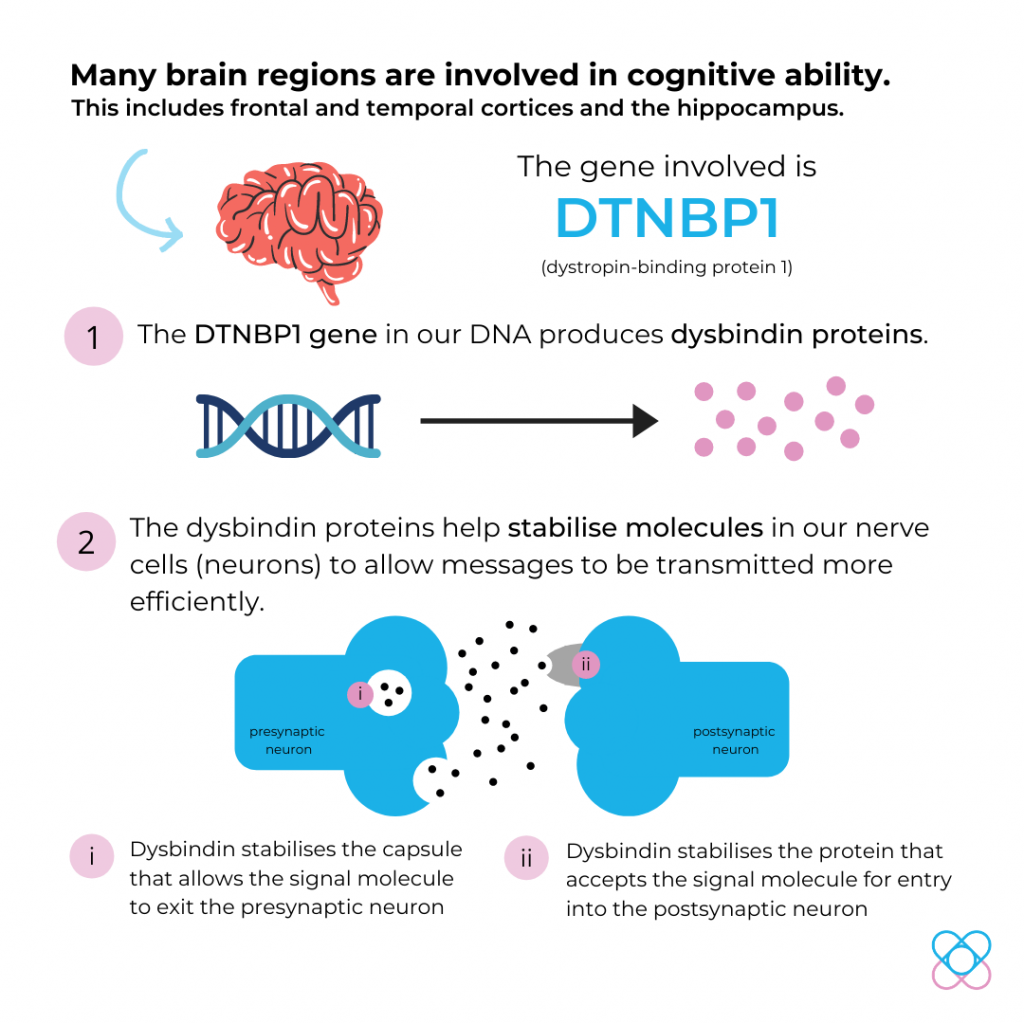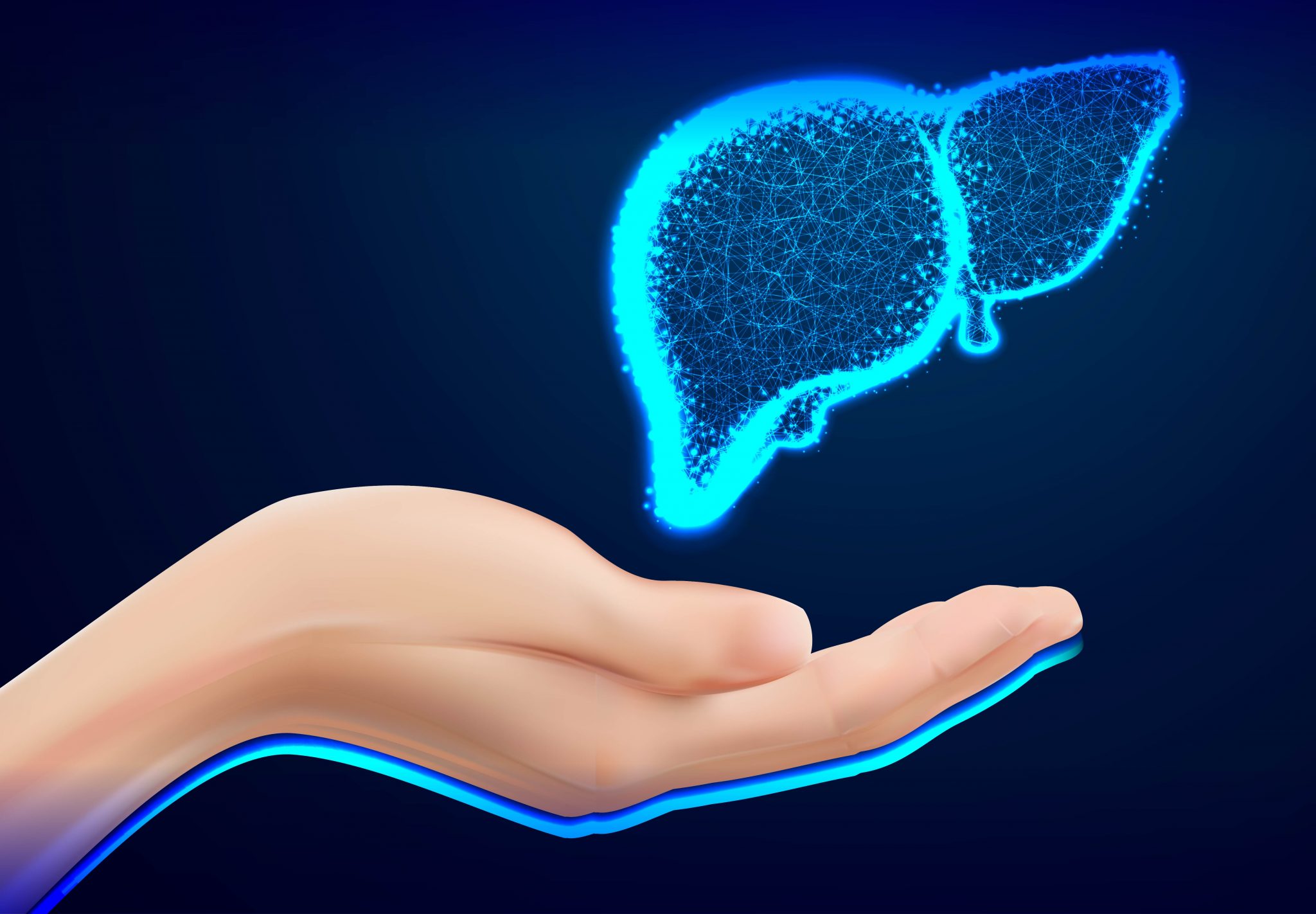
Introduction
When we think about what makes a person intelligent, we usually think about academic success or logical thinking. However, there are many ways someone can be intelligent. This is explained by cognition, i.e., the ability to understand and use knowledge. In a world where anything can be looked up on Google, being able to apply is more useful than memorising facts.
Recent studies have started to associate parts of our genes with cognitive ability. This means that our cells’ instructions code our ability to think logically, which reasonably explains our intelligence.
READ ALSO: How Our Genes Affect Our Creativity
Examples of cognitive skills
Unlike other scientific fields, neuroscience and psychology researchers have to depend on more abstract forms of testing for their studies. To get a complete understanding of the individual, scientists have come up with tests based on Spearman’s g to address the following cognitive skills:

Social cognition
How people process, store and apply info about other people in social situations. E.g. meeting someone for the first time and remembering their name & face
Attention/vigilance
How people are able to choose and concentrate on relevant things. E.g. focusing on doing work instead of procrastinating
Speed of processing
The time taken to do a mental task.
Visual learning
The ability to learn by reading or seeing pictures.
Working memory
The bank of small amounts of information that is held in our minds while carrying out mental tasks.
Problem-solving
Being able to define, identify, and carry out a solution relevant to the problem.
Verbal learning
Being able to learn and express knowledge through speaking and listening.
It’s important to remember that different people are better at certain skills. This can be further explained by our genes.
Factors affecting your cognitive ability

There are many factors that determine our overall cognitive ability. These include a variety of lifestyle and non-lifestyle factors.
Educational level
Having different academic experiences generally improves our problem-solving skills.
Being bilingual
Speaking more than one language improves cognition, as bilinguals are better at inhibiting response. This uses attention and social cognition skills.
Alcohol
Frequently having too much alcohol can reduce processing speed and attention.
Diet
Eating nutrient-rich foods with omega-3 fatty acids and vitamins results in better attention and concentration while learning.
Smoking
Heavy smoking habits can reduce capacity of working memory and shorten attention span.
Exercise
Consistent exercise habits can help prevent cognitive decline.
In terms of age and gender, there is no evidence suggesting particular groups to be more intelligent. Studies involving people from different ethnicities have not found evidence of certain ethnicities having higher intelligence. However, they have linked presence of different variants of the gene to particular ethnic populations. This might explain why some ethnic groups seem to be more intelligent than others in certain skills.
The DTNBP1 gene and our cognitive ability
Biologically, about 40-80% of genes linked to intelligence can determine the type of cognitive processing we are best at. The most well-researched gene is called DTNBP1.

Higher levels of dysbindin proteins allow our neurons (nerve cells) to transmit signals around the body more efficiently.
Different variants of this gene can result in both positive and negative results. These brain regions are directly linked to our cognitive skills, and show how genetics affects our cognitive ability. However, these regions also overlap with areas associated with dyslexia and schizophrenia.
It’s important to remember that we can do activities to help boost our cognitive ability. Lifestyle changes can equally help us improve our cognitive functioning. These include:
- Consuming a diet rich in Vitamin C and fatty fish: include antioxidants and omega-3 fatty acids to help delay cognitive decline.
- Good sleep habits: help to boost creativity and help with judgment and attention.
- Learning new languages or skills: help keeps your mind sharp and activated to maintain good cognitive functioning.
—
Want to learn more about your Inner Potential traits? Learn more about your genetic predisposition with DNA Explorer Personal today.
References
1. Baek, J., Kim, J., Ryu, S., Oh, S., Noh, J., & Lee, W. et al. (2012). Association of genetic variations in DTNBP1 with cognitive function in schizophrenia patients and healthy subjects. American Journal Of Medical Genetics Part B: Neuropsychiatric Genetics, 159B(7), 841-849. https://doi.org/10.1002/ajmg.b.32091
2. Burdick, K., Lencz, T., Funke, B., Finn, C., Szeszko, P., & Kane, J. et al. (2006). Genetic variation in DTNBP1 influences general cognitive ability. Human Molecular Genetics, 15(10), 1563-1568. https://doi.org/10.1093/hmg/ddi481
3. Hashimoto, R., Noguchi, H., Hori, H., Ohi, K., Yasuda, Y., Takeda, M., & Kunugi, H. (2009). Association between the dysbindin gene (DTNBP1) and cognitive functions in Japanese subjects. Psychiatry And Clinical Neurosciences, 63(4), 550-556. https://doi.org/10.1111/j.1440-1819.2009.01985.x
4. Kałamała, P., Szewczyk, J., Chuderski, A., Senderecka, M., & Wodniecka, Z. (2020). Patterns of bilingual language use and response inhibition: A test of the adaptive control hypothesis. Cognition, 204, 104373. https://doi.org/10.1016/j.cognition.2020.104373
5. Nuechterlein, K., Green, M., Kern, R., Baade, L., Barch, D., & Cohen, J. et al. (2008). The MATRICS Consensus Cognitive Battery, Part 1: Test Selection, Reliability, and Validity. American Journal Of Psychiatry, 165(2), 203-213. https://doi.org/10.1176/appi.ajp.2007.07010042
6. Yang, Y., Zhang, L., Guo, D., Zhang, L., Yu, H., & Liu, Q. et al. (2020). Association of DTNBP1 With Schizophrenia: Findings From Two Independent Samples of Han Chinese Population. Frontiers In Psychiatry, 11. https://doi.org/10.3389/fpsyt.2020.00446
7. Zhang, J., Burdick, K., Lencz, T., & Malhotra, A. (2010). Meta-Analysis of Genetic Variation in DTNBP1 and General Cognitive Ability. Biological Psychiatry, 68(12), 1126-1133. https://doi.org/10.1016/j.biopsych.2010.09.016
